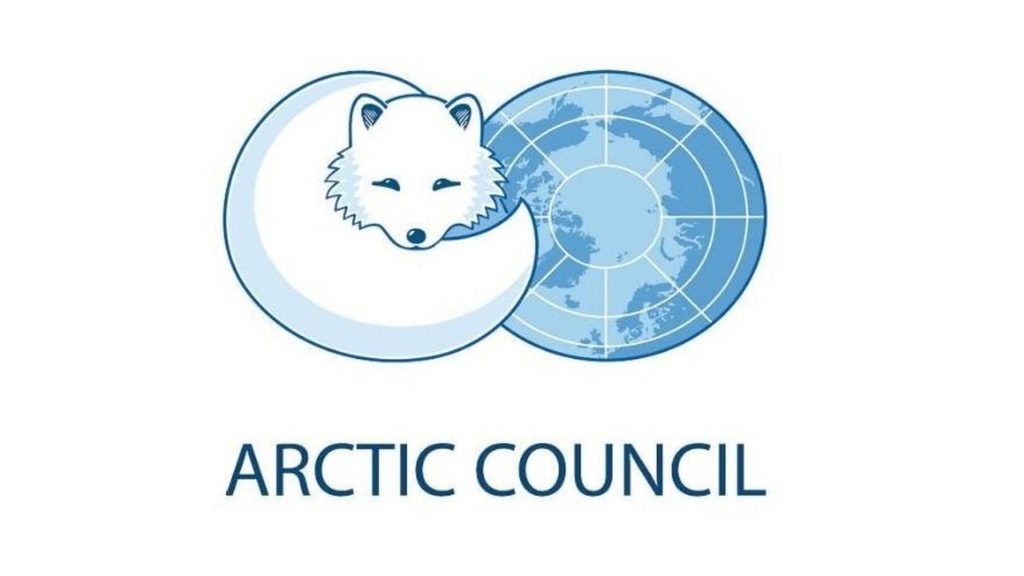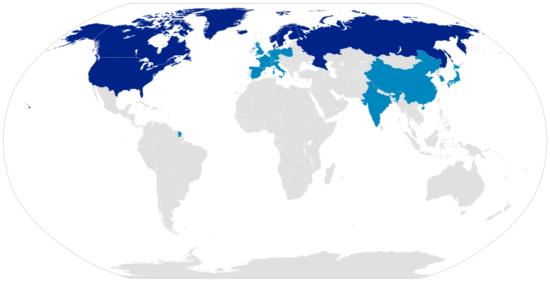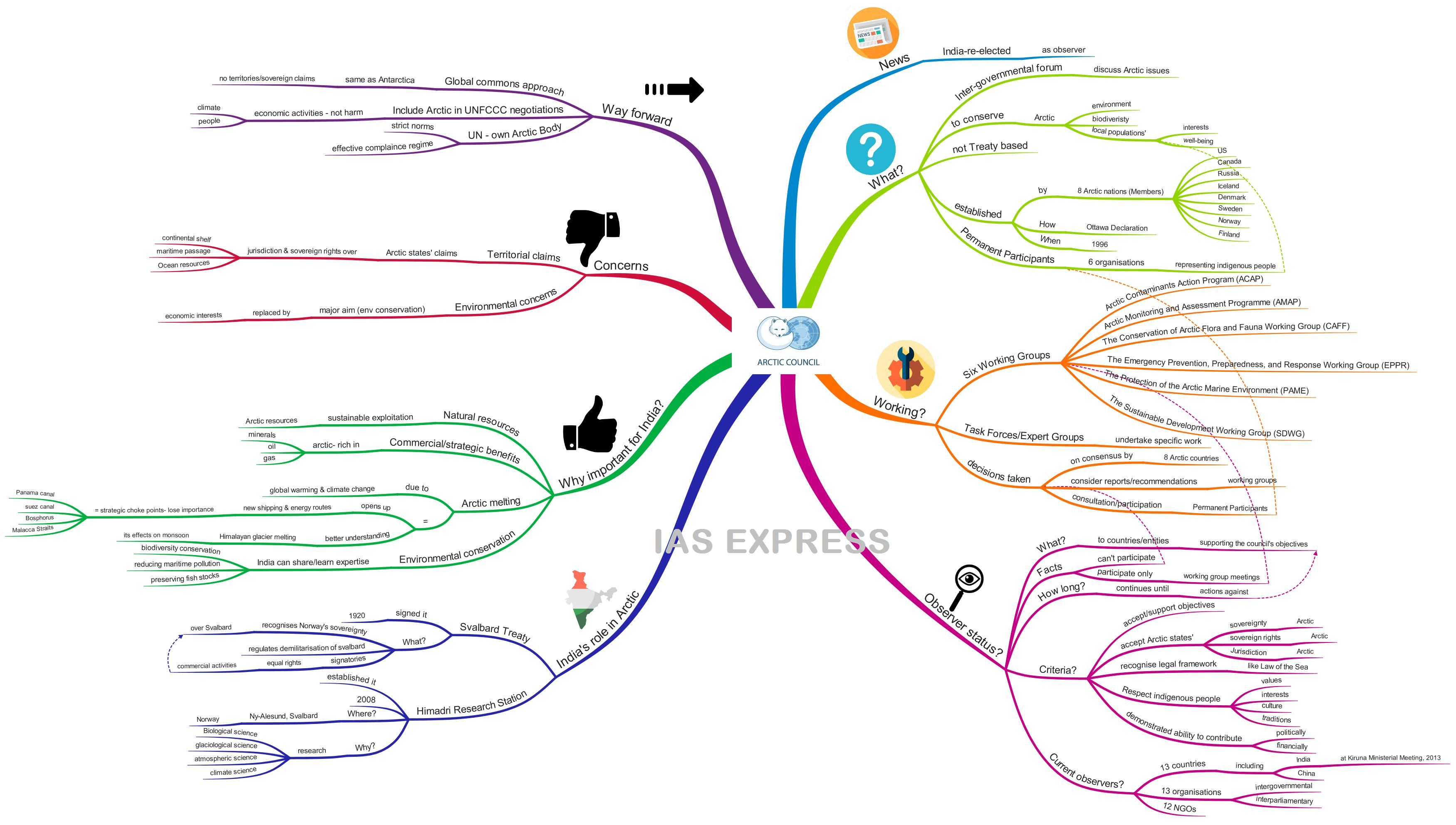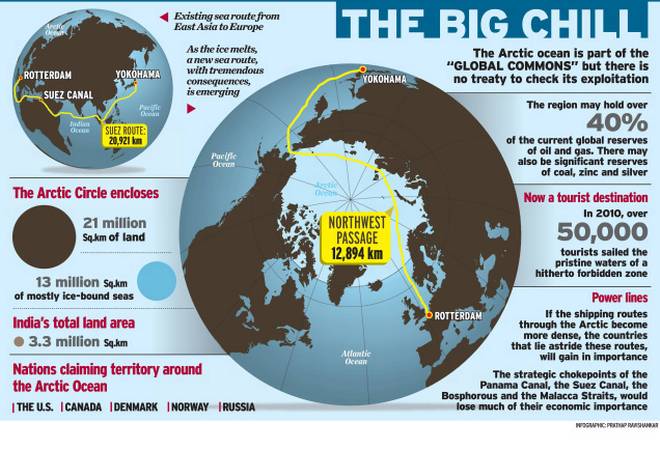Arctic Council – Why is it important for India?

From Current Affairs Notes for UPSC » Editorials & In-depths » This topic
IAS EXPRESS Vs UPSC Prelims 2024: 85+ questions reflected
India was re-elected as an observer to the Arctic Council in its recent summit at Rovaniemi, Finland. In this context, it is essential to learn about the importance of the Arctic Council to India and the concerns associated with it.
What is the Arctic Council?
- It is an intergovernmental forum for discussing and resolving issues related to the Arctic region. The issues may include scientific research and the peaceful and sustainable use of resources in the region.
- It works on the overall objective of conserving the pristine environment, biodiversity and the interests and well-being of the local populations.
- It is not a treaty-based international legal entity like the UN organisations or trade or regional groupings such as NATO or ASEAN.
- It was set up by the 8 Arctic countries by means of the Ottawa Declaration of 1996. These countries are the US, Canada, Russia, Iceland, Denmark, Sweden, Norway, and Finland.
- In addition to these countries, 6 organisations representing the indigenous people of the Arctic region have also been given the status of permanent participants.

How does the council work?
The work of the Arctic Council is organised through six working groups. They are:
(1) Arctic Contaminants Action Program (ACAP)
It acts as a strengthening and supporting mechanism to promote national actions to reduce emissions and other releases of pollutants.
(2) Arctic Monitoring and Assessment Programme (AMAP)
It monitors the Arctic environment, ecosystems and human populations, and offers scientific advice to aid governments in tackling pollution and adverse effects of climate change.
(3) The Conservation of Arctic Flora and Fauna Working Group (CAFF)
The CAFF addresses the conservation of Arctic biodiversity, working to ensure the sustainability of the Arctic’s living resources.
(4) The Emergency Prevention, Preparedness, and Response Working Group (EPPR)
The EPPR works to protect the Arctic environment from the threat or impact of an accidental release of pollutants or radionuclides.
(5) The Protection of the Arctic Marine Environment (PAME)
The PAME Working Group is the focal point of the Arctic Council’s activities related to the protection and sustainable use of the Arctic marine environment.
(6) The Sustainable Development Working Group (SDWG)
The SDWG works to advance sustainable development in the Arctic and to improve the conditions of Arctic communities as a whole.
The Council may also create Task Forces or Expert Groups to undertake specific work. Decisions of the Arctic Council are taken by consensus among the eight Arctic Council States, with consideration of the reports and recommendations of the working groups and with the full consultation and participation of the Permanent Participants representing indigenous groups.
What is the observer status of the council?
- The observer status is provided to countries or entities that support the objectives of the Arctic Council through financial or other contributions.
- Observers cannot participate in the decision-making process.
- They are invited to participate only in the meetings of the Council particularly at the level of the working groups.
- The renewal of the observer status is just a formality. The status, once given, continues until the entity carries out any activities that run against the objectives of the council.
What are the criteria for selecting observers?
- They must accept and support the objectives of the Arctic Council defined in the Ottawa declaration.
- Recognise Arctic States’ sovereignty, sovereign rights and jurisdiction in the Arctic.
- Recognise that an extensive legal framework applies to the Arctic Ocean including, notably, the Law of the Sea, and that this framework provides a solid foundation for responsible management of this ocean.
- Respect the values, interests, culture, and traditions of Arctic indigenous peoples and other Arctic inhabitants.
- Have demonstrated a political willingness as well as financial ability to contribute to the work of the Permanent Participants and other Arctic indigenous peoples.
- Have demonstrated their Arctic interests and expertise relevant to the work of the Arctic Council.
- Have demonstrated a concrete interest and ability to support the work of the Arctic Council, including through partnerships with member states and Permanent Participants bringing Arctic concerns to global decision-making bodies.
Who are the current observers?
- India along with 12 other countries including China have been given the observer status in the council. India got the observer status at the Kiruna Ministerial Meeting in 2013.
- 13 other intergovernmental and interparliamentary organisations such as the UN Environment Programme (UNEP), UN Development Programme (UNDP), and 12 other NGOs also enjoy the observer status.
What is the role of India in the Arctic region?
- India had signed the Svalbard Treaty when it was under British rule in 1920.
- The treaty recognises the sovereignty of Norway over the Arctic archipelago of Svalbard and regulates the demilitarisation of the archipelago.
- Signatories were given equal rights to engage in commercial activities (mainly coal mining) on the islands.
- India is one among the very few nations to establish a permanent station in the Arctic for scientific research purposes. Because the polar regions provide some unique opportunities to undertake research regarding the atmospheric and climate sciences.
- In 2008, India established Himadri research station which is located in Ny-Alesund, Svalbard in Norway.
- The Goa-based National Centre for Antarctic and Ocean Research (NCOAR) is the main organisation that coordinates the research activities at this station.
- The station has been used to undertake a number of biological, glaciological and atmospheric and climate sciences research projects.
Why the Arctic Council is important for India?
- Natural resources: The Arctic Council does not forbid the commercial exploitation of Arctic resources. It only aims at ensuring that the exploitation is done in a sustainable manner. Hence countries with ongoing activities in the Arctic wants to have a stake in the commercial exploitation of natural resources there.
- Commercial benefits: India could get some commercial and strategic benefits considering the fact that the Arctic region is rich in certain minerals, and oil and gas.
- The Arctic melting: Furthermore, global warming and climate change cause the Arctic melting = opens up the possibility of new shipping and energy routes in the region = the strategic chokepoints of the Panama Canal, the Suez Canal, the Bosphorus, and the Malacca Straits, would lose much of their economic importance. The Arctic melting will also help in a better understanding of Himalayan glacier melting and its effects on Indian monsoons.
- Environmental conservation: Even though India is located in a very different geography, it faces challenges such as to preserve biodiversity, reduce maritime pollution, and preserve fish stocks. India can share the expertise of the council in this regard and also learn sustainable development measures.
What are the concerns?
- Territorial claims: As India accepted all the criteria to become an observer = it officially recognises the territorial jurisdiction and sovereign rights of the Arctic states over continent shelf, maritime passage, and the ocean resources in the region = India cannot argue that the Arctic should be treated in the same manner as Antarctica (no territorial/sovereign claims).
- Environmental concerns: Another worrying aspect is that ecological protection, the primary reason behind the establishment of the council has now been trumped by economic factors.
What is the way forward?
- India being a firm believer of equity should try for a global commons approach, and the region being treated in the same manner as Antarctica.
- India and other developing countries should put the Arctic as an important part of their agenda on climate change negotiations under UNFCCC, ensuring that the activities undertaken there do not harm the climate and people.
- UN can establish its own Arctic body with strict norms and effective compliance regime. India could certainly push for such a global regime without violating its role of Observer at the Arctic Council.
If you like this post, please share your feedback in the comments section below so that we will upload more posts like this.



